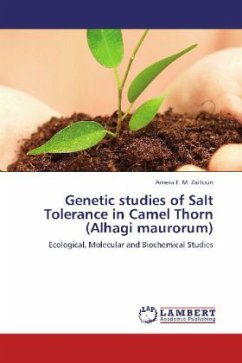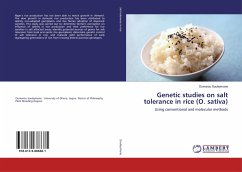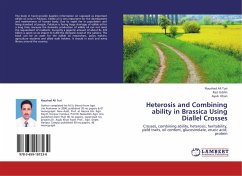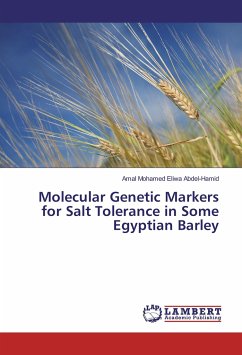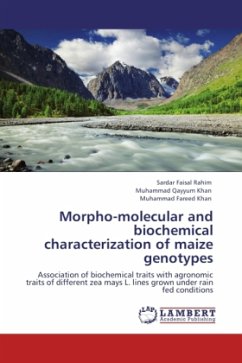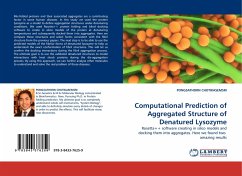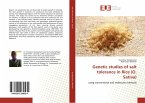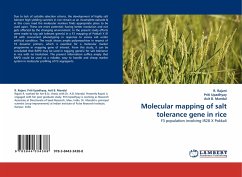The genetic behavior of salt tolerance of Alhagi maurorum "Camel thorn" grown in three different zones in Siwa Oasis has been studied using ecological parameters and morphological, molecular and biochemical markers. The study concluded that camel thorn represents the most homeostatic and tolerant plant under different environmental conditions varying from sand sheets to wet sabkha (Saline soil) and for this it has some morphological strategies to reduce the surface area and water loss. By finding such specific gene (P5CS), Camel thorn can be used as a donor of this gene for transferring it to any other salinity sensitive plants. At the biochemical levels plants grown in saline soil showed increase in all biochemical markers. This may be due to the rise in gene expression under saline conditions.

